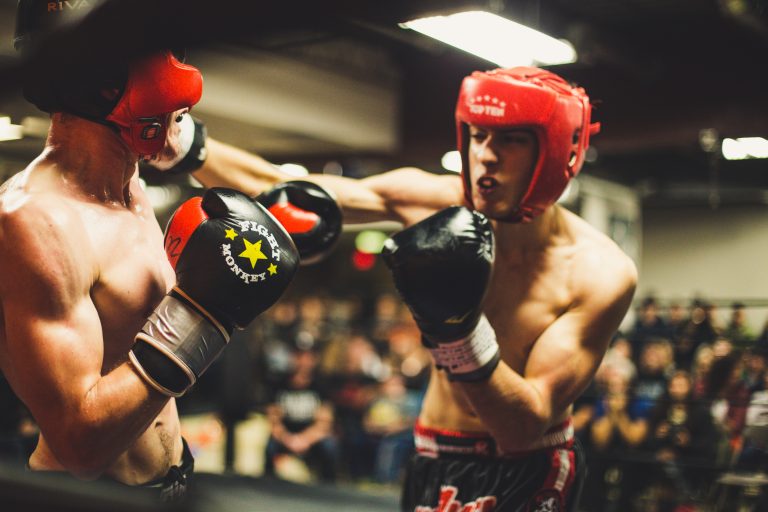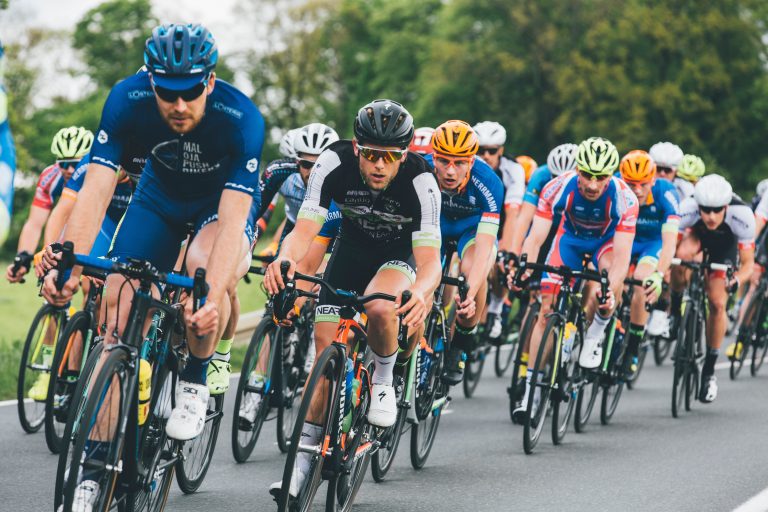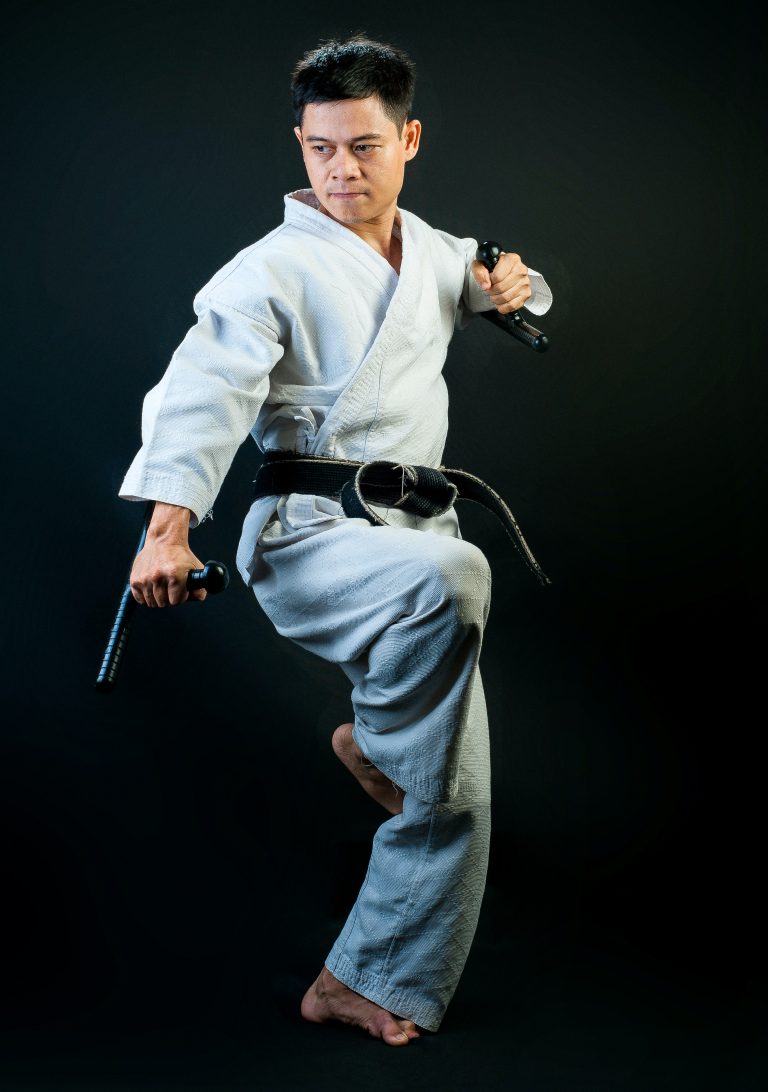Is Kenpo Karate Effective?
If you are thinking of taking up martial arts, Kenpo Karate might be one of the options you are considering. But is Kenpo Karate effective? This question often arises among beginners, as well as those wanting to switch from other martial arts. In this post, we’ll explore what Kenpo Karate is, how it works, and its effectiveness as a self-defense system.
What is Kenpo Karate?
Kenpo Karate is a martial art that originated in Hawaii in the early 20th century. It was developed by James Mitose, who combined elements of traditional Japanese martial arts with Chinese and Hawaiian fighting styles. Kenpo Karate focuses on self-defense, using strikes, kicks, throws, and joint locks.
Over the years, Kenpo Karate has evolved into different styles, each with its own techniques and training methods. However, most Kenpo Karate styles emphasize on practical self-defense techniques that can be used in real-life situations.
How Does Kenpo Karate Work?
Kenpo Karate is a combination of hard and soft techniques that involve the use of both arms and legs. The core of the style is based on five principles:
- Efficiency;
- Directness;
- Simplicity;
- Flexibility;
- Speed.
Kenpo Karate practitioners strive to make their movements as efficient as possible, avoiding unnecessary movements that waste time and energy. Directness means that the student learns to move in a straight line towards the target, minimizing the chances of being hit. Simplicity means that the student focuses on techniques that are easy to learn and apply. Flexibility means the art adapts to different situations and enemy movements. Finally, speed – this is the cornerstone of Kenpo Karate. In order to effectively defend oneself, a practitioner must react quickly to an attack.
Is Kenpo Karate Effective for Self-Defense?
Kenpo Karate is widely regarded as an effective self-defense system. At its core, Kenpo Karate teaches a mix of strikes, kicks, blocks, and throws that can be used to defend against an attacker in a real-life scenario. Its focus on practical techniques is designed to give the student the tools they need to defend themselves in a real-world situation.
Another reason for Kenpo Karate’s effectiveness is its emphasis on sparring and „live“ training. In traditional martial arts, students often train in katas (pre-arranged movements) or with instructors, but they rarely have the opportunity to test their skills against a fully-resisting opponent. In Kenpo Karate, students frequently participate in sparring sessions, where they practice their techniques against a real opponent who is actively trying to hit them. This type of training is an essential part of developing the ability to react quickly and efficiently in a real-world scenario.
The Effectiveness of Kenpo Karate in Comparison to Other Martial Arts
The effectiveness of any martial art depends heavily on the situation, the practitioner, and the specific techniques taught. However, Kenpo Karate, in comparison to other martial arts, has a few strengths that make it a popular choice among martial artists.
Kenpo Karate is striking-based, which means it teaches its students to be effective hitters. Kickboxing, boxing and other striking martial arts have a focus on this type of training as well, but Kenpo Karate has a unique emphasis on combining different strikes together in quick combinations. This versatility can be useful since the techniques taught at Kenpo Karate include blocks, joint locks and throws, which can give the practitioner an even greater range of skill sets to handle potential confrontations.
When compared to grappling martial arts like Brazilian Jiu-Jitsu or Judo, where students learn how to grapple on the ground, Kenpo Karate can often be more effective in a stand-up confrontational situation.
The Bottom Line
Is Kenpo Karate effective? The answer is a clear yes. Kenpo Karate is an effective self-defense system that emphasizes practical techniques and „live“ training. Its principles of efficiency, directness, simplicity, flexibility, and speed make it an effective way to defend oneself in a real-world situation. Although there is no one single martial art that can work in every situation, Kenpo Karate’s focus on versatility and combining different techniques together, gives the student the tools that they may need to handle a variety of potential self-defense scenarios.
Is Kenpo Karate Effective? Answering the Most Frequent Questions
Kenpo Karate is a martial art that originated in Hawaii and has been gaining popularity all over the world. If you are interested in Kenpo Karate, you might be asking yourself whether it is an effective martial art for self-defense. In this article, we will be answering some of the most frequent questions about Kenpo Karate and its effectiveness.
What is Kenpo Karate?
Kenpo Karate is a martial art that was developed in Hawaii by William Chow, a student of James Mitose – the founder of Kosho Shorei Ryu Karate. Kenpo Karate combines traditional Karate with Chinese martial arts and western boxing to create a unique system. The main focus of Kenpo Karate is to teach practitioners how to defend against attacks from any direction or angle.
Is Kenpo Karate Effective for Self-Defense?
Yes, Kenpo Karate is considered an effective martial art for self-defense. Kenpo Karate techniques emphasize practicality and are designed to work in real-world situations. Because Kenpo Karate teaches practitioners how to defend against attacks from any direction, it is well-suited for real-life self-defense scenarios where attackers may come at you from unexpected angles.
What Are the Benefits of Kenpo Karate?
Besides self-defense, Kenpo Karate has many other benefits. Here are a few:
– Fitness: Practicing Kenpo Karate promotes cardiovascular health, increases strength, and improves muscle flexibility.
– Coordination: Kenpo Karate requires precise and controlled movements that enhance hand-eye coordination, balance, and agility.
– Mental Health: Kenpo Karate can help practitioners reduce stress, improve concentration, and develop discipline and mental toughness.
Is Kenpo Karate Good for Kids?
Kenpo Karate can be an excellent martial art for children. It teaches them self-defense skills, enhances their physical fitness, and helps them develop discipline and focus. Additionally, many Kenpo Karate schools offer programs that are specifically designed for children, which can help improve confidence and social skills.
How Long Does It Take to Get Good at Kenpo Karate?
The amount of time it takes to become proficient in Kenpo Karate varies from person to person. Some factors that can affect how long it takes include natural ability, the amount of training time put in, and the quality of instruction received. Generally, it takes a minimum of two to four years of consistent training to become proficient in Kenpo Karate.
Is Kenpo Karate a Competitive Sport?
While Kenpo Karate does have a competitive aspect, it is not traditionally considered a sport. However, some Kenpo Karate schools and organizations do hold tournaments and competitions where practitioners can showcase their skills.
Is Kenpo Karate Effective: A Comprehensive Guide
If you’re looking for an effective self-defense system, you may be considering Kenpo Karate. However, before you jump in, it’s important to understand exactly what Kenpo Karate is and how it works. In this guide, we’ll cover everything you need to know to determine if Kenpo Karate is the right martial art for you.
What is Kenpo Karate?
Kenpo Karate is a martial art that originated in Hawaii in the mid-20th century. It combines elements of traditional karate with some of the newer techniques found in other martial arts styles. Kenpo Karate is known for its practical, efficient techniques that focus on self-defense in real-life situations. It’s not a sport-oriented martial art and doesn’t include sparring matches.
What Makes Kenpo Karate Unique?
Kenpo Karate is a unique martial art because it’s designed with practicality in mind. The techniques are intended to be used in real-life self-defense situations, making them more effective than many other martial arts that focus on sport and competition. Kenpo Karate also uses a series of movements called „forms“ that are designed to simulate real-life self-defense scenarios.
Another unique aspect of Kenpo Karate is its system of „belt rankings.“ Students start as white belts and progress through the colors until they reach the highest rank of black belt. Each belt level requires the student to learn a new set of techniques and forms.
Learning Kenpo Karate: Where to Start
If you’re interested in learning Kenpo Karate, the best place to start is by finding a reputable dojo or martial arts school. Look for a school with experienced teachers who have a deep understanding of Kenpo Karate and its techniques. Many schools offer trial classes so you can see if the style is right for you before committing.
Once you’ve found a school, the next step is to begin your training. You’ll likely start as a white belt and work your way up through the ranks. The first few belt levels will focus on basic techniques and forms, while higher-level belts will teach more advanced techniques and strategies.
Is Kenpo Karate Effective for Self-Defense?
One of the most important questions to ask when considering any martial art is whether it’s effective for self-defense. In the case of Kenpo Karate, the answer is a resounding „yes.“ Kenpo Karate is designed with real-life self-defense situations in mind, and its techniques are practical and effective. Unlike some martial arts that focus on sport and competition, Kenpo Karate is intended for use in real-life situations where your safety is on the line.
Conclusion
Overall, Kenpo Karate is an effective and practical martial art that can be a great choice for anyone interested in self-defense. Whether you’re a beginner looking to learn the basics of self-defense or an experienced martial artist looking for a new challenge, Kenpo Karate is definitely worth considering. Just be sure to find a reputable dojo or instructor and commit to consistent training to get the most out of your experience.
Inhaltsverzeichnis





